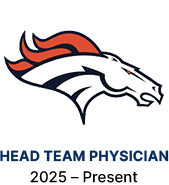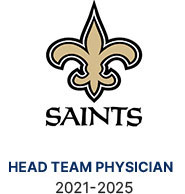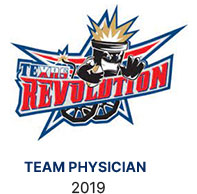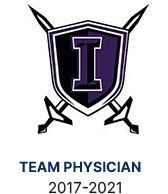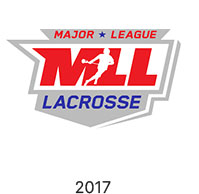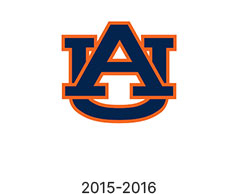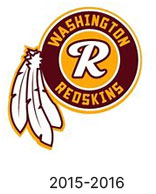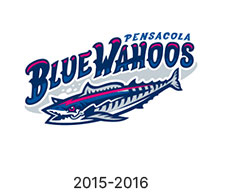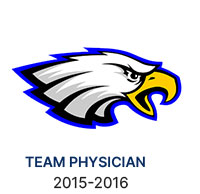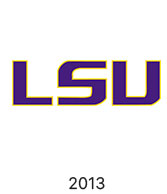What is Primary ACL Repair?
Traditionally, anterior cruciate ligament (ACL) tears of the knee are treated by reconstruction using a tendon or ligament autograft (tissue taken from your own body) or an allograft (tissue taken from a donor). Primary anterior cruciate ligament repair is a surgical procedure to repair the torn anterior cruciate ligament of the knee by placing sutures on the damaged anterior cruciate ligament and utilizing a plastic anchor to reattach the anterior cruciate ligament back to the bone from where it ruptured away. In some instances, a strong suture is added as an “internal brace” to safeguard the healing ligament.
Anatomy of the ACL
The anterior cruciate ligament is one of the major ligaments of the knee. It is located in the middle of the knee and runs from the femur (thighbone) to the tibia (shinbone). The ACL prevents the tibia from sliding out in front of the femur. Together with the posterior cruciate ligament (PCL), it provides rotational stability to the knee. An ACL injury is a sports-related injury that occurs when the knee is forcefully twisted or hyperextended. An ACL tear usually occurs with an abrupt directional change when the foot is fixed on the ground or when the deceleration force crosses the knee. Changing direction rapidly, stopping suddenly, slowing down while running, landing from a jump incorrectly, and direct contact or collision, such as a football tackle can also cause injury to the ACL.
Indications for Primary ACL Repair
Some of the indications for primary anterior cruciate ligament repair include:
- Acute proximal anterior cruciate ligament tear/avulsion tears
- Multiligamentous knee injury involving the ACL
- Subsynovial ACL rupture/stretch injury
- Partial ACL rupture or isolated ACL injuries
- Sufficient ACL tissue quality
Preparation for Primary ACL Repair
Preoperative preparation for primary anterior cruciate ligament repair will involve the following steps:
- A thorough examination by your doctor is performed to check for any medical issues that need to be addressed prior to surgery.
- Depending on your medical history, social history, and age, you may need to undergo tests such as bloodwork and imaging to screen for any abnormalities that could threaten the safety of the procedure.
- You will be asked if you have allergies to medications, anesthesia, or latex.
- You should inform your doctor of any medications, vitamins, or supplements that you are taking.
- You should refrain from medications or supplements such as blood thinners, aspirin, or anti-inflammatory medicines for 1 to 2 weeks prior to surgery.
- You should refrain from alcohol or tobacco at least a week before surgery.
- You should not consume solids or liquids at least 8 hours prior to surgery.
- Arrange for someone to drive you home after surgery.
- A written consent will be obtained from you after the surgical procedure has been explained in detail.
Procedure for Primary ACL Repair Surgery
The procedure is usually performed arthroscopically in an outpatient setting under general anesthesia and involves the following steps:
- Your surgeon will make two to three small keyhole incisions about 1/4-inch-long around your knee.
- An arthroscope is inserted into the knee joint through one of the small incisions to provide clear images of the surgical area (inside the knee) to your surgeon on a television monitor.
- Along with the arthroscope, a sterile solution is pumped into the joint to expand it, enabling your surgeon to have a clear view and space to work inside the joint.
- Guided by the images on the monitor, your surgeon stitches the ACL, examines the rest of the knee for any damage, and performs additional procedures or repairs if needed.
- Once your surgeon is satisfied with the results, the scope and the surgical instruments are removed, the incisions are covered with a bandage, and a sterile dressing is applied.
Postoperative Care and Instructions
In general, postoperative care instructions and recovery after primary ACL repair will involve the following:
- You will be transferred to the recovery area where your nurse will closely observe you for any allergic or anesthetic reactions and monitor your vital signs as you recover.
- You may notice pain, swelling, and discomfort in the knee area. Pain and anti-inflammatory medications are provided as needed.
- You are advised to keep your leg elevated while resting to prevent swelling and pain.
- You will be given assistive devices such as crutches with instructions on restricted weight-bearing for a specified period of time. You are encouraged to walk with assistance as frequently as possible to prevent blood clots.
- Keep the surgical site clean and dry. Instructions on surgical site care and bathing will be provided.
- Refrain from smoking as it can negatively affect the healing process.
- Eating a healthy diet rich in vitamin D is strongly advised to promote healing and a faster recovery.
- Refrain from strenuous activities for the first few months and lifting heavy weights for at least 6 months. Gradual increase in activities over a period of time is recommended.
- An individualized physical therapy protocol will be designed to help strengthen knee muscles and optimize knee function.
- Most patients are able to resume their normal activities in a month or two after surgery; however, return to sports may take at least 6 months or longer.
- Refrain from driving until you are fully fit and receive your doctor’s consent.
- A periodic follow-up appointment will be scheduled to monitor your progress.
Risks and Complications
Primary ACL repair is a relatively safe procedure; however, as with any surgery, some risks and complications may occur, such as the following:
- Infection
- Bleeding
- Pulmonary embolus or deep vein thrombosis (blood clots)
- Knee stiffness
- Anesthetic/allergic reactions
- Injury to nerves and blood vessels
- Scarring
- Residual discomfort or pain
- The need for revision surgery

